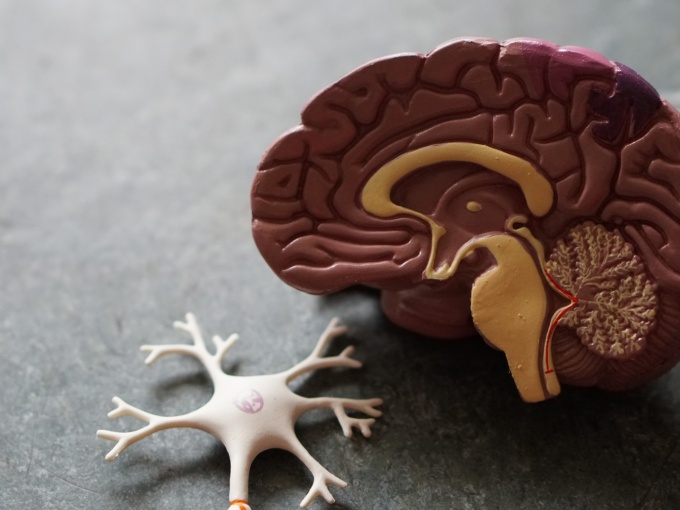UsAgainstAlzheimer's Blog
Stay up to date on the latest from UsAgainstAlzheimer's on our blog. Read about what our team is working on, the latest advancements in research, and what you can do to join the fight.
Working with UsAgainstAlzheimer’s and Voices of Alzheimer’s, Jay Reinstein takes you with him to better understand a day in the life of someone living with Alzheimer’s.




